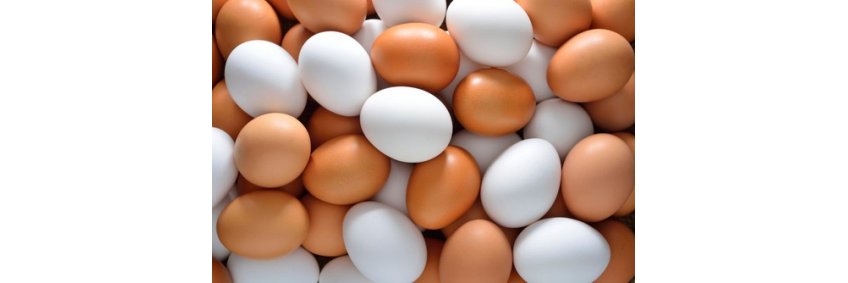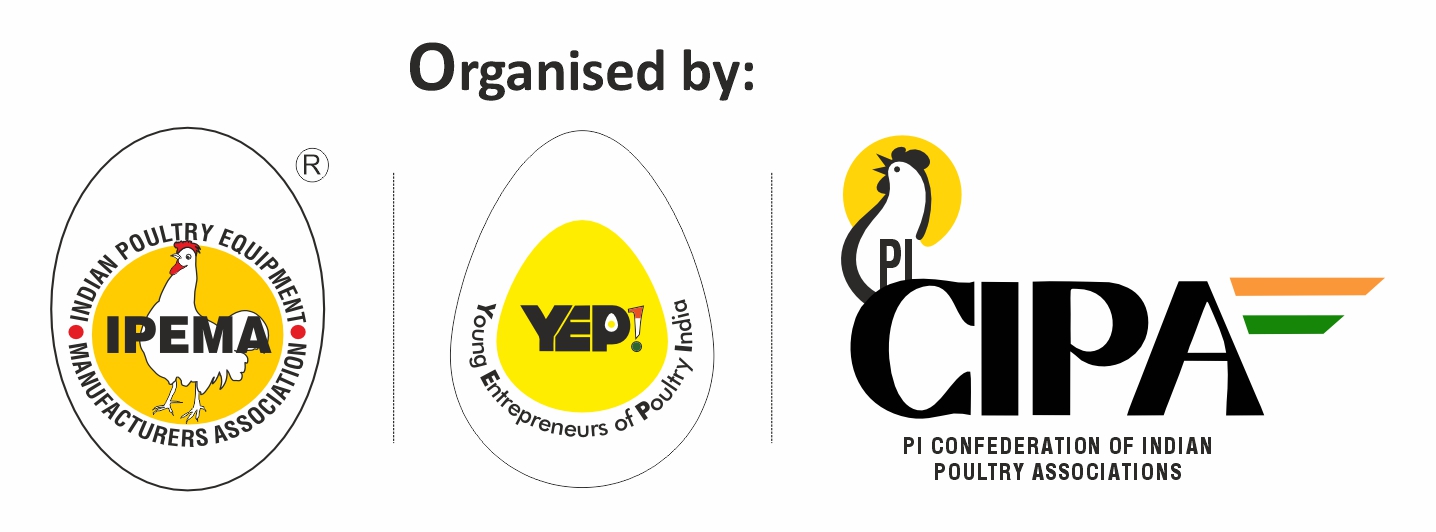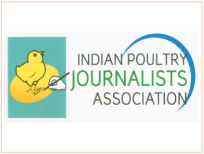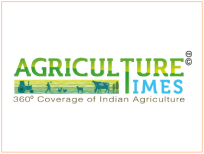UK egg producers have called on food businesses and manufacturers to back British eggs

UK egg producers have called on food businesses and manufacturers to back British eggs following concerns about “hidden” egg ingredients.
Fed up with the dual standards adopted by companies, the British Egg Industry Council (BEIC) has launched a manifesto for change.
The manifesto, presented in an 8-page booklet, calls for the following:
- For food businesses to stop using imported eggs in food made in the UK
- A stop to the use of the Union Flag on products using imported eggs
- For labelling of the eggs’ country of origin on products manufactured in the UK.
- For the government to deprioritise companies that use imported eggs in products destined for public procurement.
British Egg Industry Council chair Mark Williams said there had been dual standards for food produced in this country for too long. “Many retailers and wholesalers proudly display British eggs on their shelves, yet when it comes to “hidden” egg ingredients, out of the sight of consumers and used in foodservice or manufactured food such as sandwiches, quiche and salads, the situation is very different.”
He added that while many columns are dedicated to how food businesses are supporting British food and farming, the reality is that many continue to important eggs for use in products manufactured in the UK, often carrying the Union Flag.
According to Williams, a recent petition signed by 50,000 UK consumers showed that British consumers wanted eggs sold to them to be British. “In fact, an overwhelming 81% of shoppes want eggs in food products produced in the UK to be British,” he added.
Why buy British?
The manifesto says there are a dozen reasons for companies to buy British. These include:
- Backing the Food Standards Agency – data from the UK Health Security Agency has found that imported egg products were the primary vehicle of salmonella outbreaks in the UK from 2015-2020.
- Back Food Safety standards: The independently-audited British Lion Code of Practice for the Production of British Lion Egg Products sets world-leading egg safety standards throughout the supply chain.
- Back British welfare standards: Hen welfare is a priority in the British Lion scheme and the BEIC has a mandatory training requirement to ensure consistently high standards are adopted, with a passport that follows workers throughout their career. The BEIC said some imported egg products still come from hens housed in barren battery cages, banned in the UK since 2012.
- Back quality standards: The Lion Code standards ban the use of eggs from Salmonella-positive flocks, a practice that remains widespread across the EU.
- Back full traceability: The British Lion scheme track and trace measures ensure full traceability of hens, eggs, egg products and feed, with each batch identifiable by site registration number, producer number, system of production, date laid, quantity, and Lion logo. Audits include unannounced visits to ensure only approved British Lion eggs are processed into British Lion Quality Egg Products.
- British liquid egg processing standards and requirements: The Code provides clear requirements for egg processing, laying out time/temperature controls to ensure products are properly pasteurised.
- Back controls on feed: Issues with non-Lion egg products often come from hens’ feed. That is why all feed that is used with the British Lion Code must meet Universal Feed Assurance Scheme (UFAS) standards.
- Back the environment: Using British Lion egg ingredients minimises food miles, reducing a food product’s carbon footprint. In addition, British Lion certificated egg processors must operate an environmental policy and be registered with the Environment Agency even if below the IPC threshold.
Source: Poultry world














